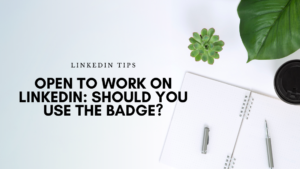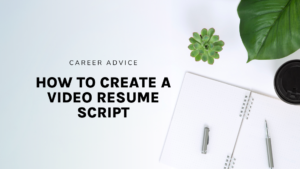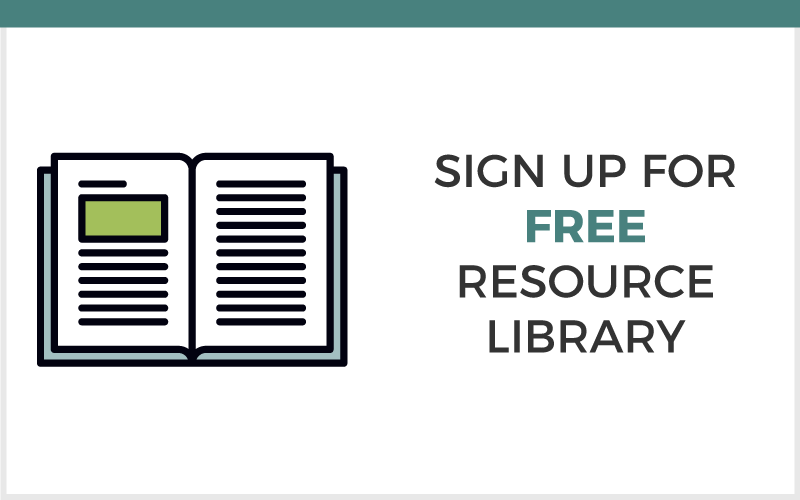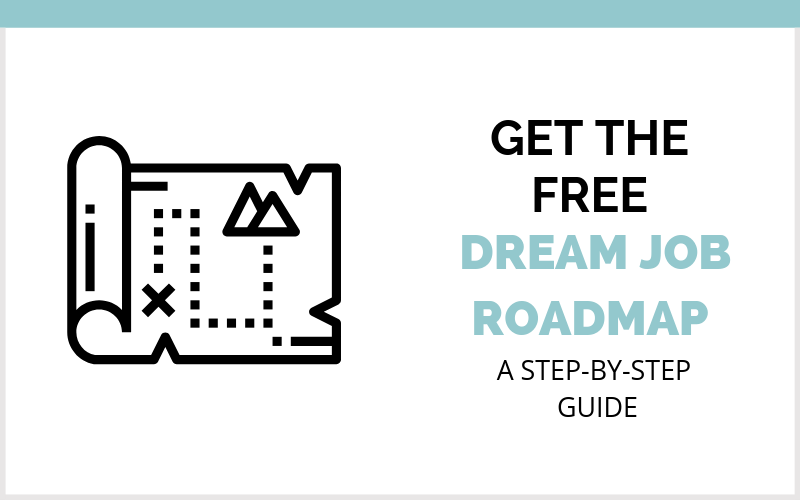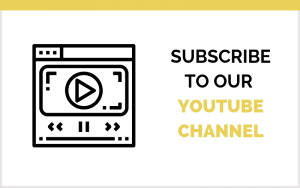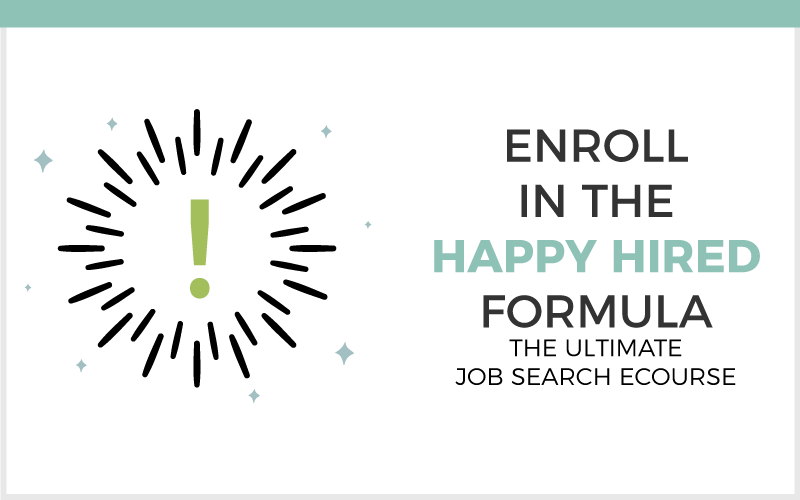As a former recruiter, I have read literally tens of thousands of resumes. And I’ve seen everything from the one-pager all the way to, believe it or not, eight pages! Although I will never recommend you to have eight pages, I will recommend a couple of other things. Let’s jump right into how to determine the best resume length based on your experience.
How to Determine the Best Resume Length Based on Your Experience
Making Sure Your Resume Is Easily Readable
For starters, I feel like a lot of you may have heard that your resume has to be one page. After looking at so many resumes that literally cram as much information as possible on the page with zero white space, zero margin space, and size 10 font…this is not the right approach to go. An overcrowded resume typically will not yield the results you want since it’s so difficult to actually read. You really just want to make sure you have enough white space for the eyes to want to read the rest of your resume. When it’s cluttered and just jam-packed with text and zero margins or extra space, it really makes it stressful on the reader. In this case, usually the reader won’t even want to continue scanning your resume because it’s too much hassle squinting and trying to parse together your information.
Resume Length for Entry Level Roles
So as a rule of thumb, if you have less than two years of experience, you’re considered junior or entry-level. If you are entry-level you likely have had maybe one or two employers, and in this case you absolutely can most likely fit everything that you want to showcase on one page. Keep reading along for some practical tips to making sure your resume is as concise as possible. Also, keep in mind that if you do have more relevant information than can fit on one page, it’s worth it to expand to an extra half-page just for the safe of keeping the document easily readable. Although one page is ideal, you’re doing yourself and the reader a huge favor by lengthening it when absolutely necessary.
RELATED: HOW TO WRITE AN EFFECTIVE, ATS-FRIENDLY RESUME
Resume Length for Mid to Senior Level Roles
If you’re going into a mid-level or senior-level position or maybe you’ve just had a lot of experiences, a lot of accomplishments, a lot of relevant projects, then you absolutely want to at least go to two pages. More is actually better than less in some cases such as this one, especially when you want to make sure that your resume is readable. So if you have been in your field for a long time, you may want to even just focus on your last five employers or the past 10 years of experience, and really make that your message and your story. If there is an absolutely necessary experience from farther back that you must include, that’s acceptable but for the most part, most employers just want to know what you’ve done most recently. Do your best to determine what is most relevant to the industry and role you’re applying to, prioritizing whatever experience is more recent.
RELATED: ARE UNEMPLOYMENT GAPS ON MY RESUME BAD?
Making Sure Your Resume is Concise and Effective
I also recommend when you focus on your previous and most recent employers is to focus on the three to five bullet points that are really going to speak to painting that picture of your accomplishments.I’ve seen in the past a lot of resumes where they take almost like 10 bullet points and every single bullet point is like more of a role task than it is an accomplishment. Um, so generally speaking, when I look at a title, I already know what they’re doing in that role, right? Like if you’re an administrative assistant, most likely you are filing, organizing, answering phone calls and so forth. I don’t necessarily need you to spell all of that out. What I want to know are what are those top three to five accomplishments and achievements, but you’re really proud of that can illustrate and paint the picture of what you were able to achieve in that position. This is a really great way to like parse down just what you absolutely need your employer to know. And as a pro tip, I would even go into your resume line by line and just put yourself into the recruiters position and ask yourself, does this paint the picture of why I’m qualified for this role? Or does this really paint the picture of why I’m the candidate that needs to be selected for this position?
If you can start to scrutinize your resume, you’ll be okay. Able to just whittle it down to absolutely must be shared versus a tell all of everything, because let me tell you the resume is only a marketing tool. It’s not a, here’s everything that I’ve done. Here’s everything you need to know. Again, that’s when your resume might go up to like eight pages. And trust me, when I say they’re never going to read anything between pages two through six or seven. So, um, just really make sure that you’re capitalizing and highlighting what is absolutely essential on this document. That’s one marketing tool that you have to present this employer.
Also, if you are finding yourself, spilling over to the next page, just by a couple of lines, a quick tip for you is to take a look and see if there are any lines on your resume that spill over just one or two words to the next line. So for instance, a lot of us can work on just writing more concisely. If you can see this one sentence has actually taken up two lines, but just by a few words, you can typically start to just ask, okay, what can I take out? And or how can I use another synonym to communicate the same message, but yeah, maybe with fewer syllables or words, right? And that’ll help you just kind of parse it down and make it as tight as be.
I will also say that a lot of resumes I’ve read in the past have references on their resumes and it takes up a lot of space. You absolutely don’t need to provide this right off the bat. References are typically needed during the reference check stage of the interview process, and you can always add that as a supplement. So if right now you have references currently displayed, try to figure out what else is going to be more impactful for you that can really showcase why you’re a strong candidate for the role and leverage that spacing instead of just taking up space with other people’s phone numbers and contact information.
When It’s Appropriate For a Longer Resume
So let’s talk about when it’s appropriate for you to have more than two pages. I would typically say that two pages should be the maximum as your resume is just a marketing tool. But some of you might have a lot of publications, patents, research projects or public speaking engagements, or in some type of field that requires a lot of research. If this is the case, I would say three pages is completely acceptable for you. However, you might just want to make the third page a supplement to your resume and just have that as an additional attachment or make it part of like the third page with a clear header of publications and so forth. But really the first two pages should be your professional summary, your skillsets, your areas of expertise, your experience, and work history. Then, the final page can hold all your certifications, research, patents, and any projects or additional experience that you feel will really highlight you as a candidate.



